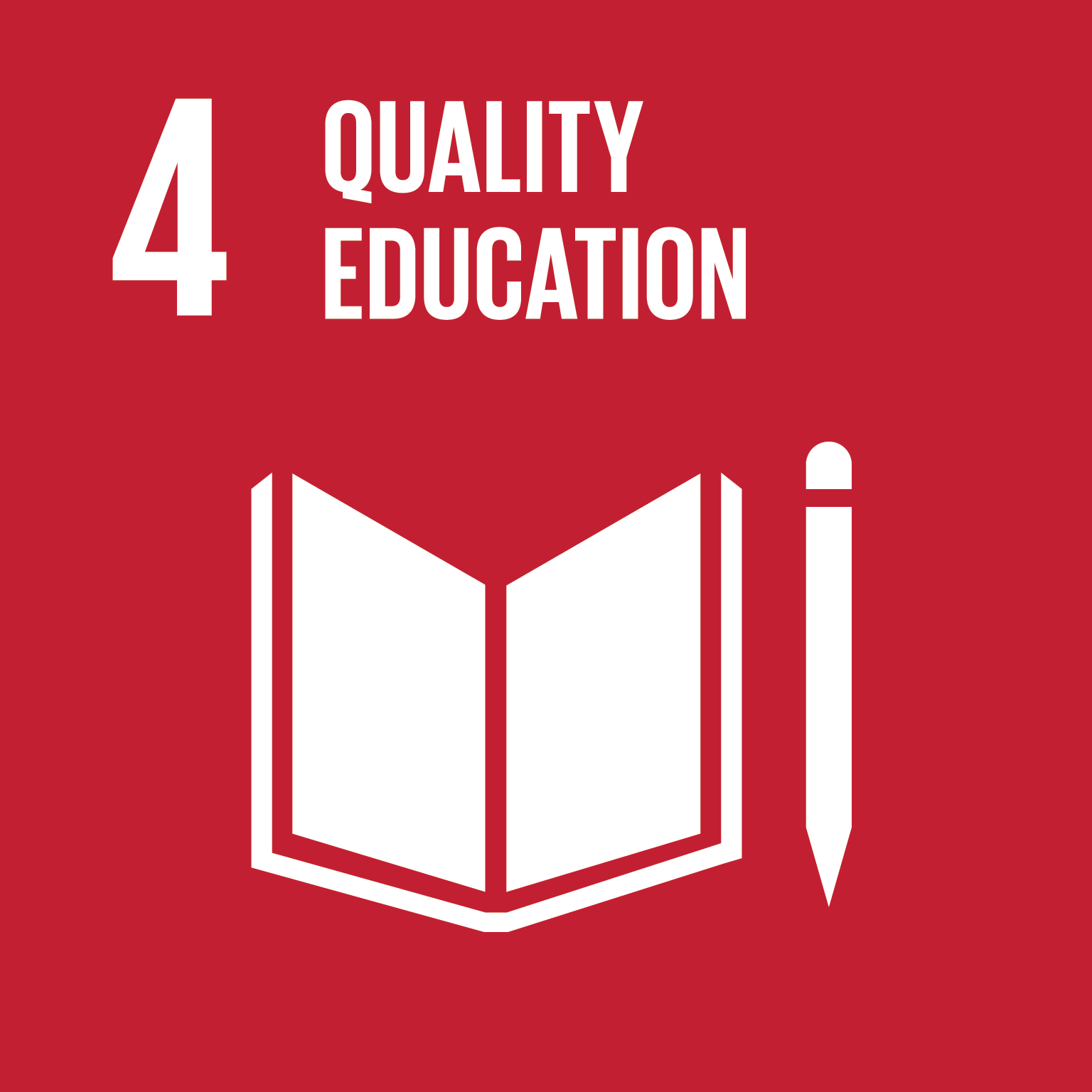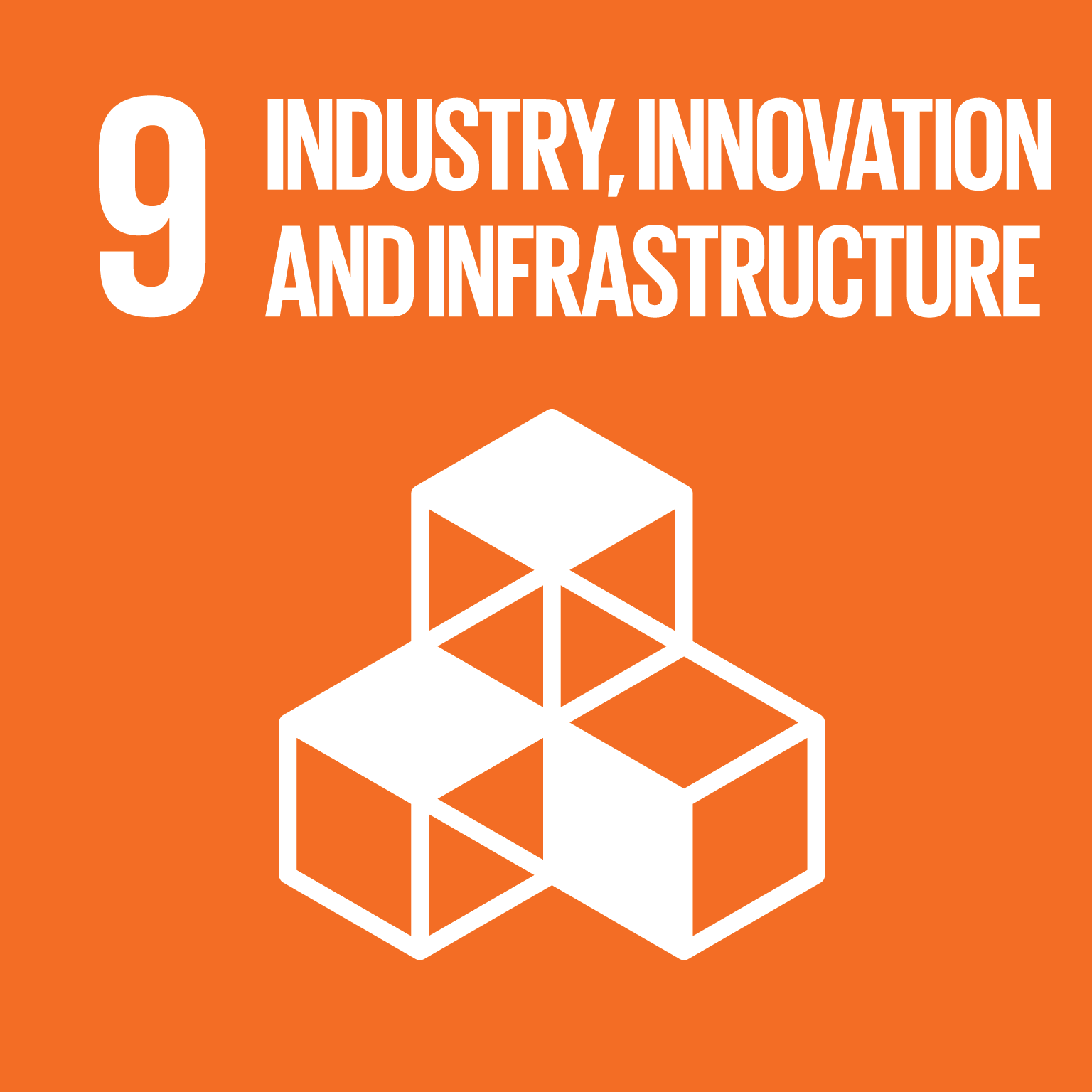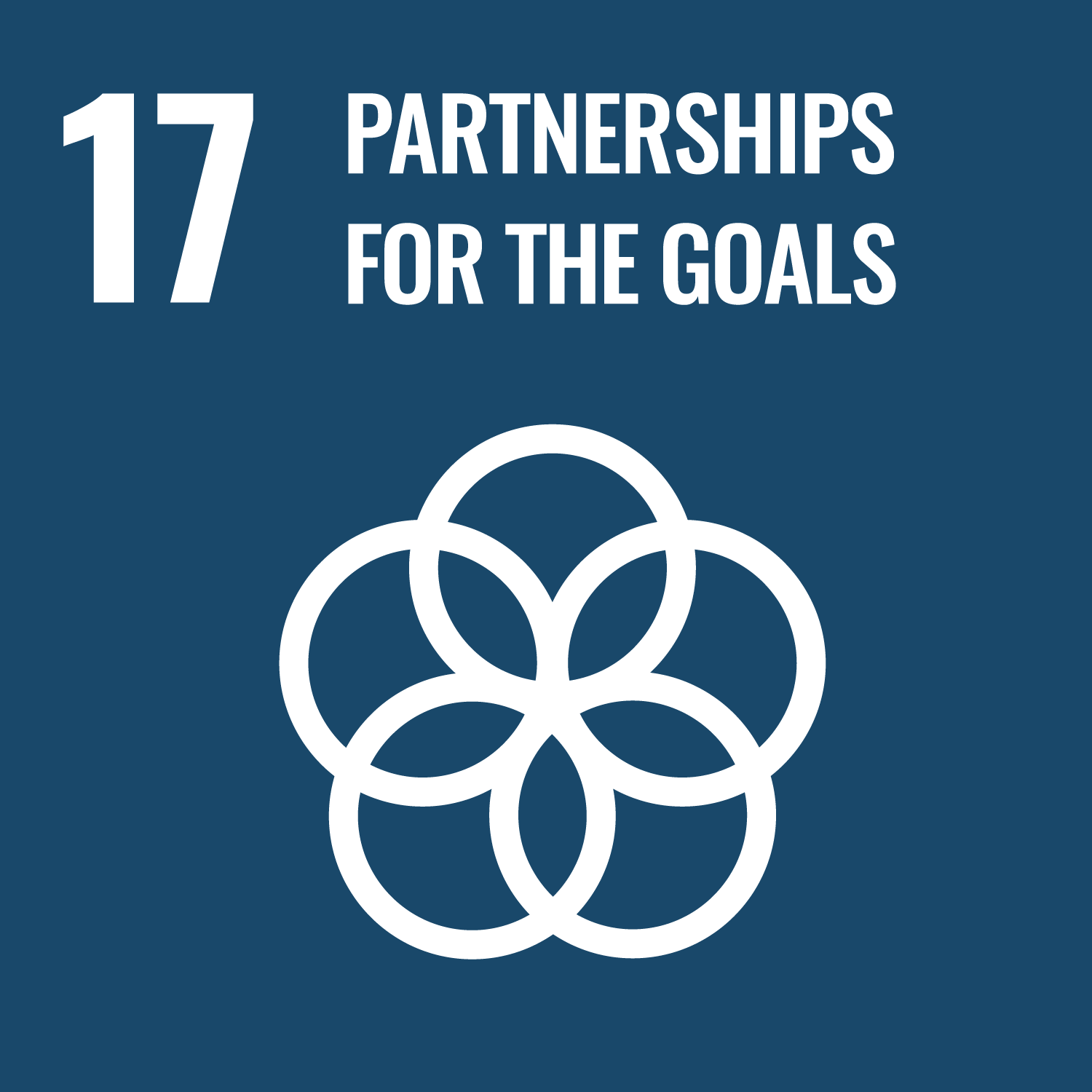Universiti Malaya Community Engagement Centre
Malaysia has kickstarted the IR4.0 campaign late last year which trend would shape the nation towards digital economy for (at least) the next 25 years. With the uncertainty about future digital career opportunities, learning the Science Engineering Technology and Mathematics (STEM) fundamentals and critical thinking will help ensure a workforce that is able to tackle the needs of our society and ensure our nation's capacity to compete in the global IR4.0 wave. Since STEM pervades every career area, the role of educators is no longer to prepare school students for jobs but rather skills they need to succeed in the digital economy, particularly skills in the computer science and mathematics areas. The main issue is, the majority of the high schoolers just are not interested in taking STEM subjects at school which could be because of how STEM is being taught in school. The millennial generation are natural users of digital technology. They expect to be engaged in their learning and do not do well being passive learners. However, not all teachers at school are aware of blending learning with technologies, and some still prefer rote learning. Thus, teachers who are tech-savvy have a bigger chance to connect and make learning outcomes and activities relevant to millenials. At school, robotics can become an interesting tool to teach difficult STEM concepts. This project shows how TechTeachers are able to train millennials critical thinking and creative problem solving by solving real robotic tasks.
Project information
Output of the Project
Transfer basic robotic programming and problem solving skills to secondary school teachers (towards preparing TechTeachers for the nation)
Mentoring teachers to transfer robotic programming and problem solving skills to school students
Measuring performance of module (in 1) in applying robotics as an alternative (fun) method to learn STEM at school
Feedback from Communities
The post-survey collected show 19 out of the 29 teachers submitted the post-survey (10 attendees never submitted the post-survey even though have been followed up in the month of November 2017 after the workshop was carried out.
The post survey collected show teachers appreciate the mentoring effort by the university, enjoyed the module and training. However, the constraint in time (end of year) made many reluctant to commit to mentoring session at school.
Many indicated lack of robotic hardware at school as obstacle in progressing further in applying robotics in STEM education.
Many indicated their students will benefit from mentoring program. Video shows case study done at SMK Sri Permata (students engaged and enjoyed the 3-hour robotic session)



Last Update: 08/03/2023